
- Book extract
- Book extract
The psychology of Ouija
Explore the science behind table tilting and Ouija boards, and discover how the unscrupulous still make money from exploiting the ‘ideomotor’ effect.

- Article
- Article
Does mass media pave the way to fascism?
In the aftermath of World War II, psychoanalysts found the psychological roots of authoritarianism closer to home than was comfortable.
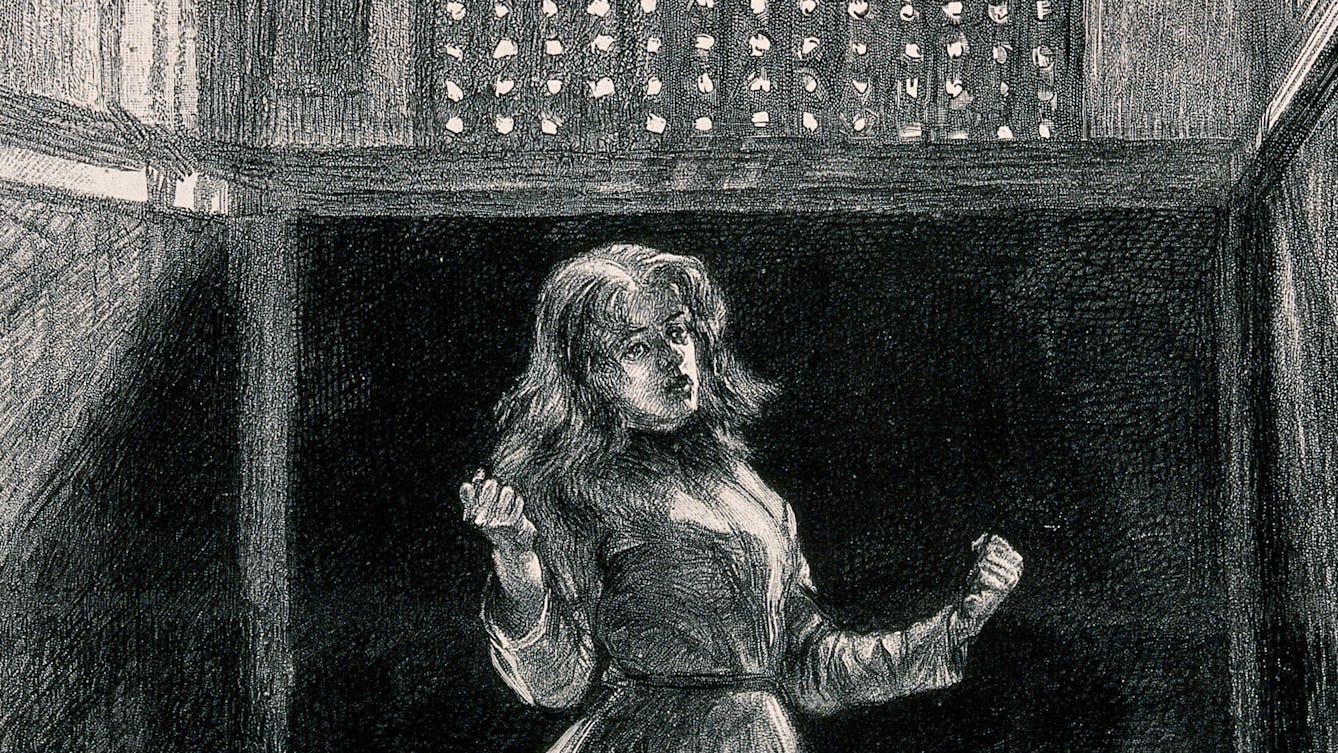
- Article
- Article
Disturbed minds and disruptive bodies
Prison officers tried to regulate women’s minds and bodies and maintain a new disciplinary routine in the second half of the 1800s.
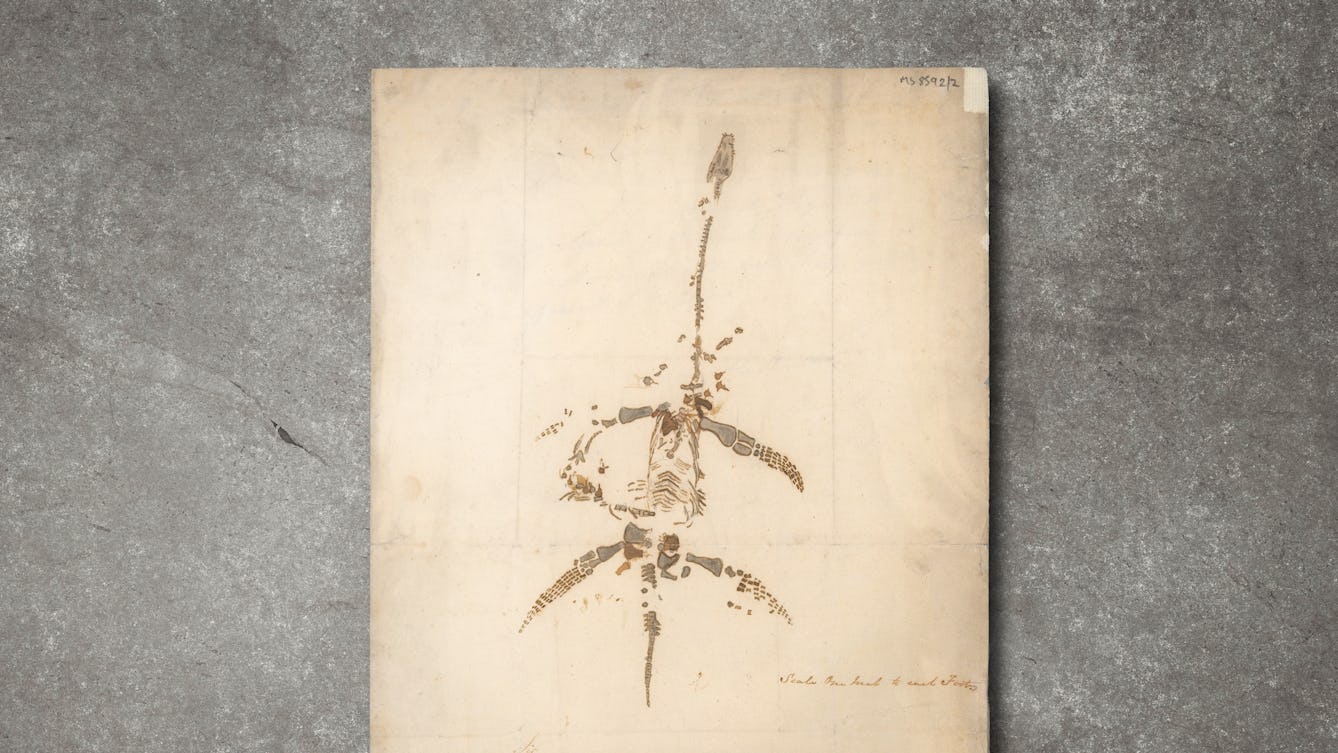
- Article
- Article
Would you like to buy a dinosaur?
Two remarkable letters and a drawing of a plesiosaur by Mary Anning offer a tantalising portal into the exciting world of fossil hunting and discovery of the 1800s.
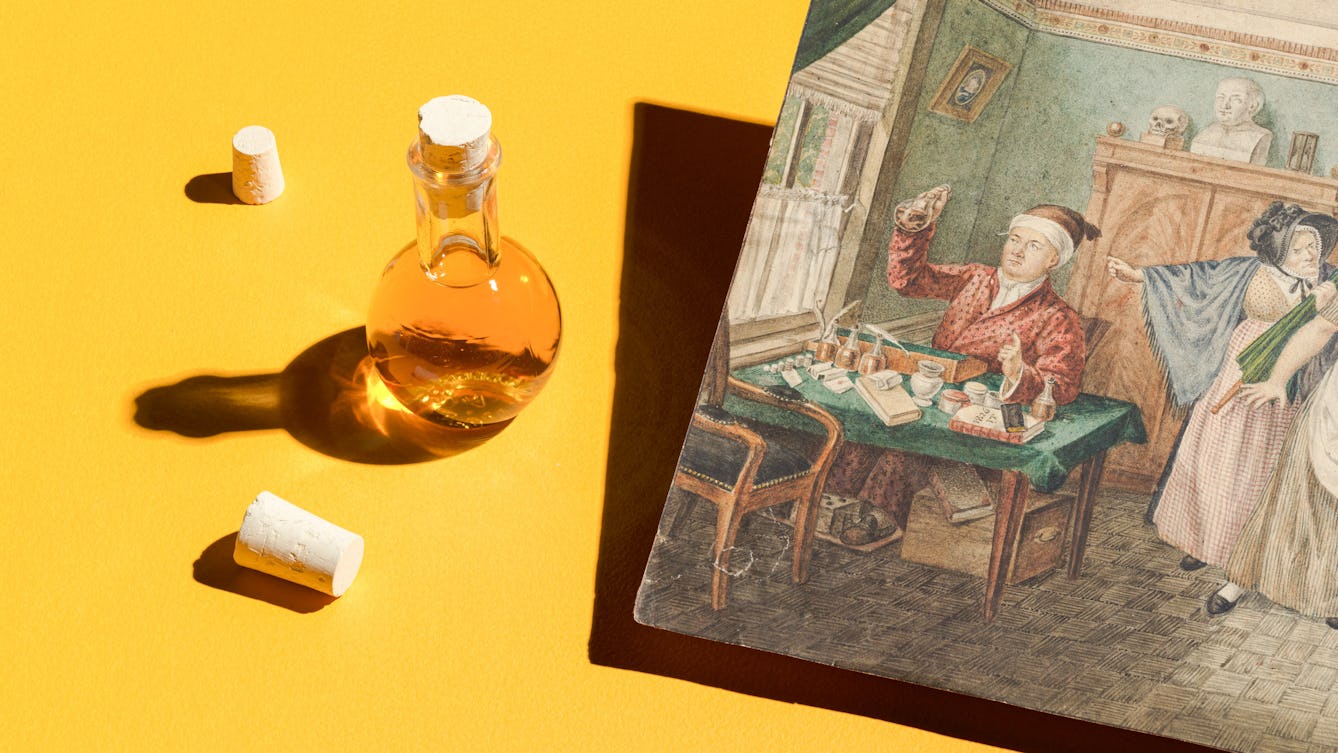
- Article
- Article
Remote diagnosis from wee to the Web
Medical practice might have moved on from when patients posted flasks of their urine for doctors to taste, but telehealth today keeps up the tradition of remote diagnosis – to our possible detriment.

- Article
- Article
The housing that gives hope to refugees
A safe place of one’s own can be a source of healing and hope. George Kafka reports on two Athens-based projects helping displaced people by putting housing first.
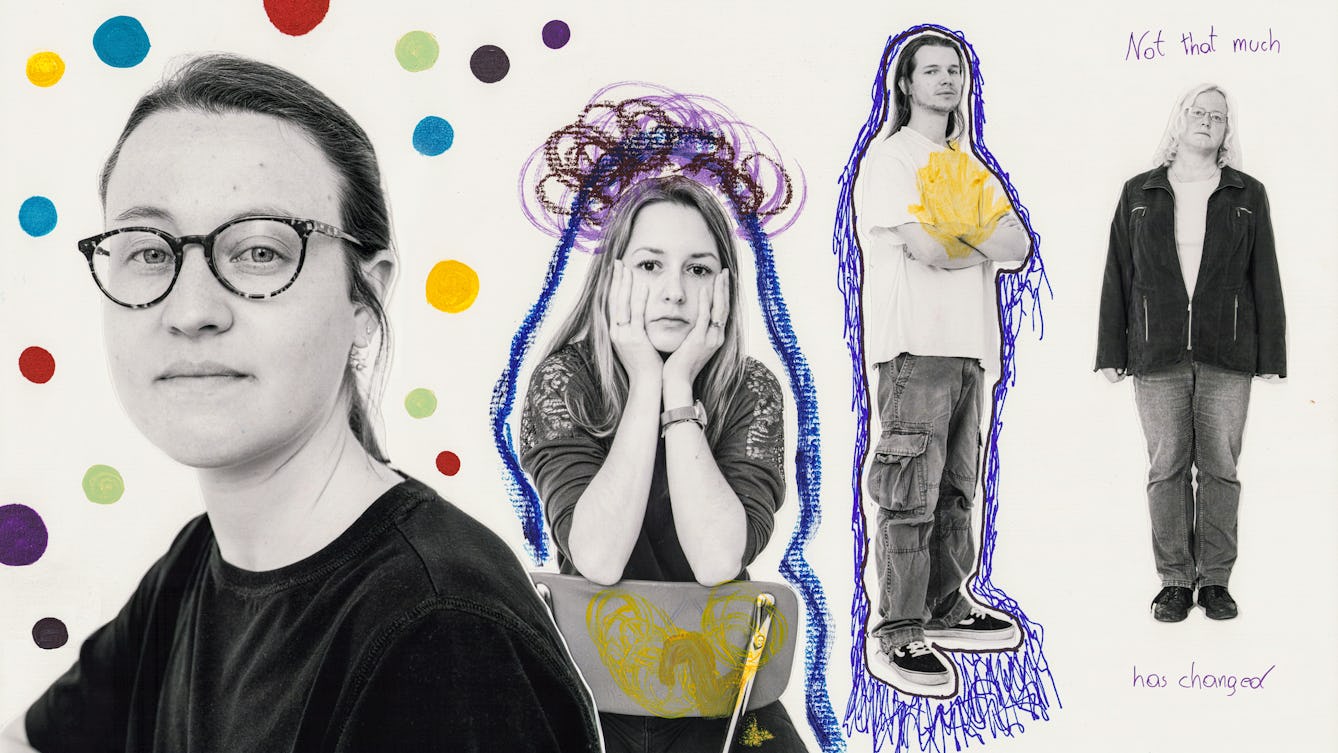
- Article
- Article
Is it really OK to not be OK?
Our mental healthcare system is still the poor relation of services that treat physical illness, and the pandemic has shone a spotlight on this situation. Campaigner James Downs argues for fundamental change.

- Article
- Article
In search of the ‘nature cure’
Under the competing pressures of modern life, many of us succumb to mental ill health. Samantha Walton explores why so-called ‘nature cures’ don’t help, and how the living world can actually help us.

- Article
- Article
Do good mothers make good democracy?
To be psychologically fit for democracy, one distinguished paediatrician argued that you need a ‘good enough mother’ – and that we must acknowledge the bad side of our feelings.

- Article
- Article
The prostitute whose pox inspired feminists
Fitzrovia, 1875. A woman recorded only as A.G. enters hospital and is diagnosed with syphilis.
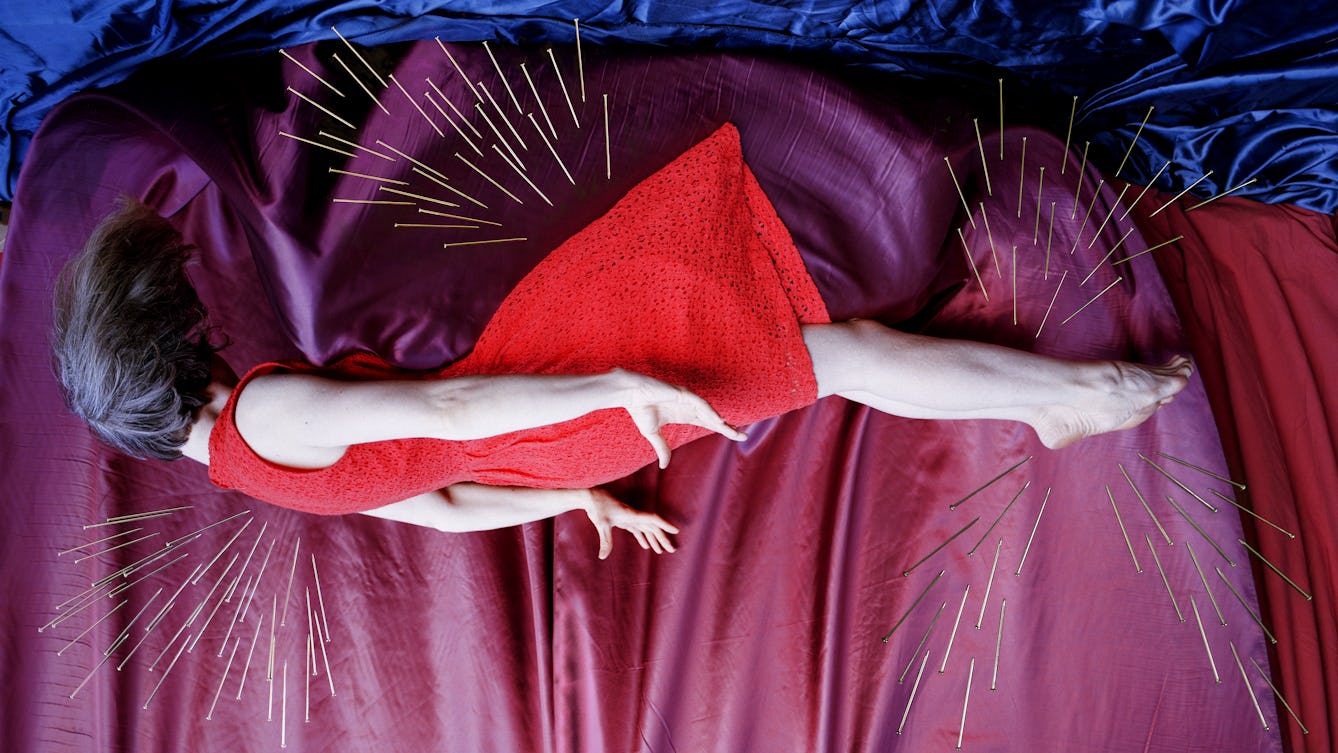
- Article
- Article
What is violence?
Criminologist Laura Bui explores her early understanding of violence and outlines its definition and wider consequences.

- Article
- Article
Born different
For Chris North, being born intersex in the 1940s meant his many childhood hospital visits, tests and operations were not explained or discussed. As he reveals, doctors encouraged strict secrecy.

- Article
- Article
How do advertisers get inside our heads?
Vance Packard exposed techniques of mass manipulation developed by 1950s advertisers that are still at work today in the age of big data.

- Article
- Article
Life before assistive technology
When an inherited condition caused Alex Lee’s vision to deteriorate, he began to discover the technologies that would help him navigate the world around him. Here he describes how his life began to change.
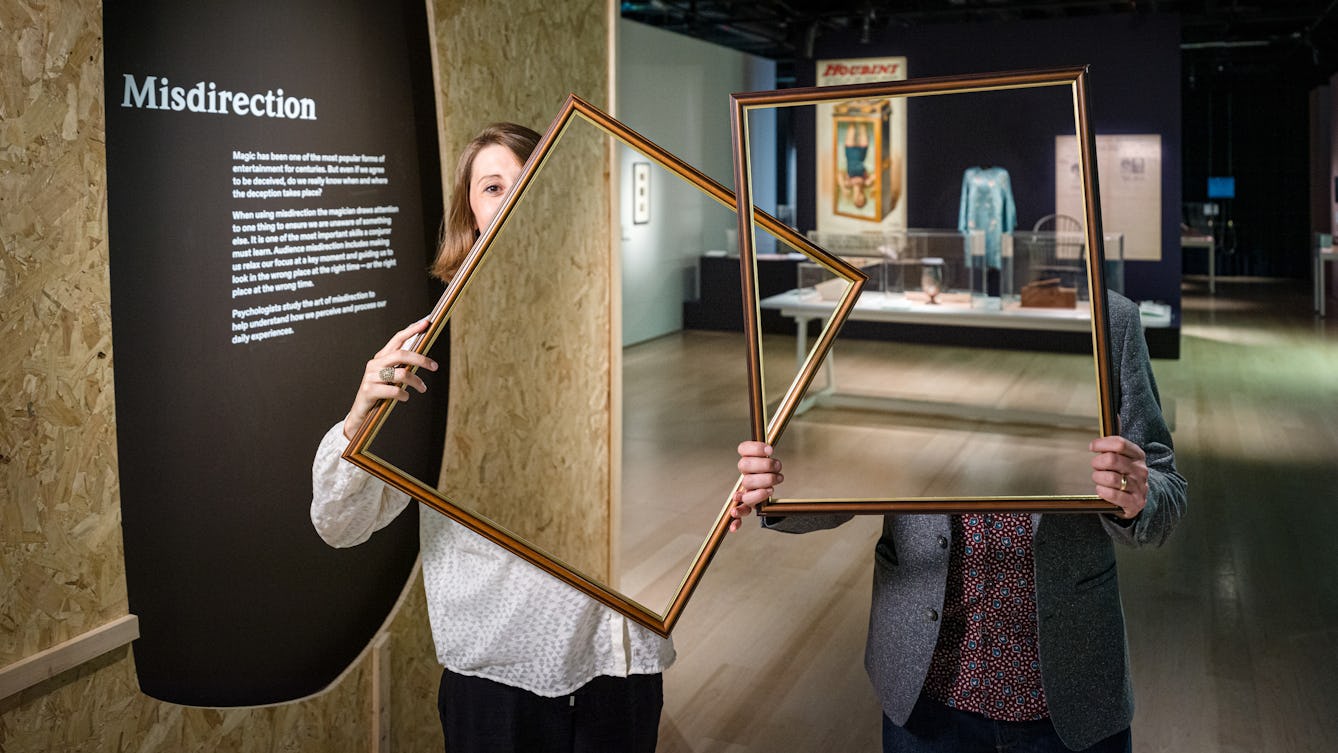
- Interview
- Interview
Inside the minds of A R Hopwood and Honor Beddard
The curators of ‘Smoke and Mirrors’ reveal the stories behind the exhibits, and the intriguing truths the show confronts us with.

- Article
- Article
Trust me, I’m a patient
Artist Rachel Rowan Olive is an expert in the way her mental health condition affects her. Here she explains how it helps if doctors understand that.

- Article
- Article
Guerrilla public health
From safe-use guides to needle exchange schemes, Harry Shapiro reflects on 40 years of drug harm reduction in the UK.

- Long read
- Long read
Rehab centres and the ‘cure’ for addiction
Guy Stagg takes us on a brief history of rehab centres and their approaches to addiction and recovery.

- Book extract
- Book extract
The 200-year search for normal people
Sarah Chaney poses the question we’ve likely all asked at some point in our lives: 'Am I normal?’, and explores whether normality even exists.
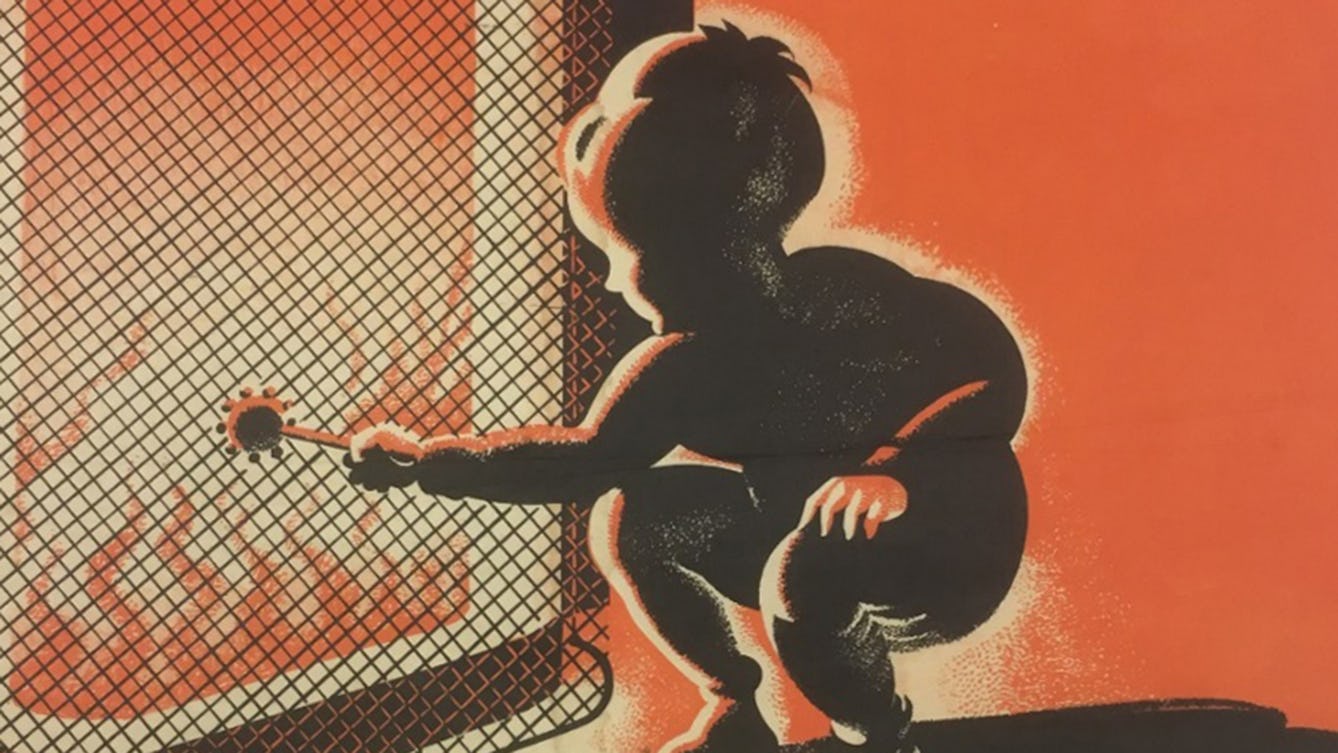
- Article
- Article
Children in burns prevention campaigns
Whose responsibility is it to prevent accidental burns and scalds in the home? Shane Ewen’s research shows that it’s everyone’s concern.
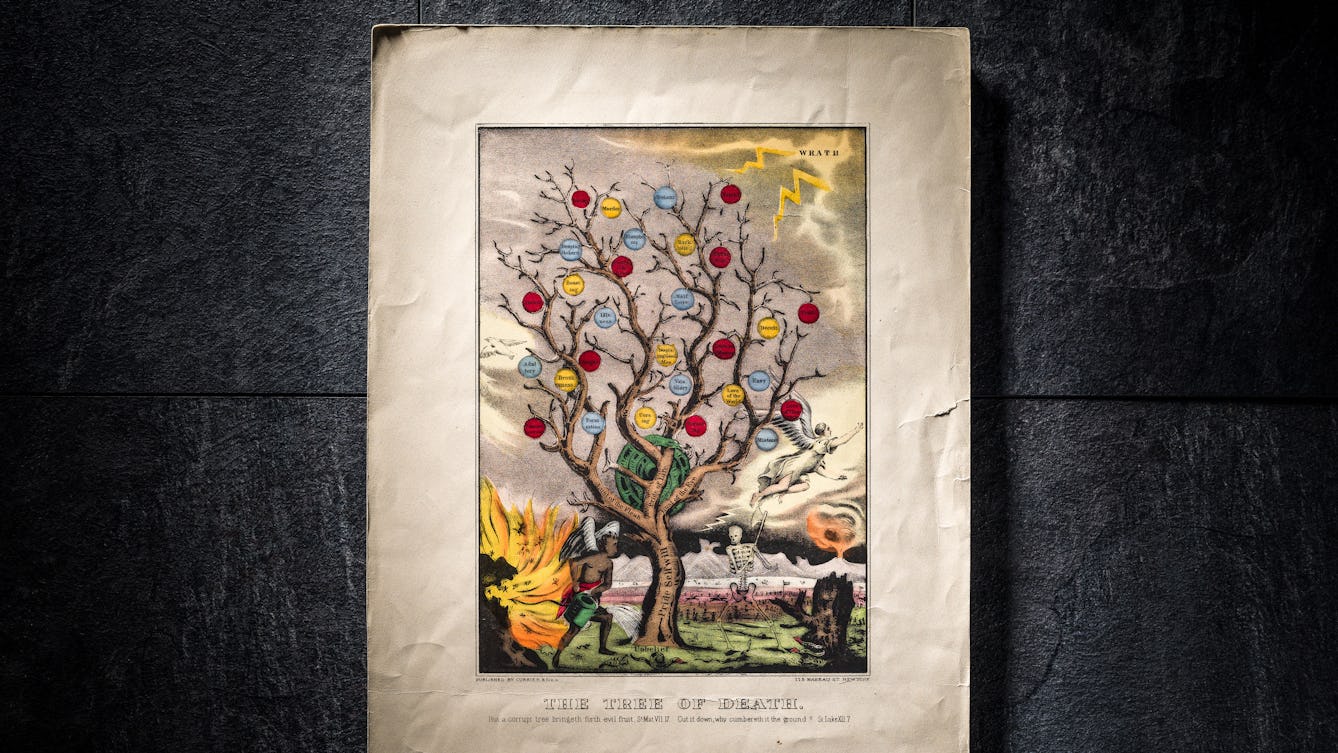
- Article
- Article
Why all of us are evil
Science proves that we’re all capable of evil: your secret fantasy about killing someone you hate is surprisingly normal. But the way to better moral choices is to fight emotional instinct.

- Article
- Article
The child whose town rejected vaccines
Gloucester, 1896. Ethel Cromwell is taken ill at the height of Britain’s last great smallpox epidemic.
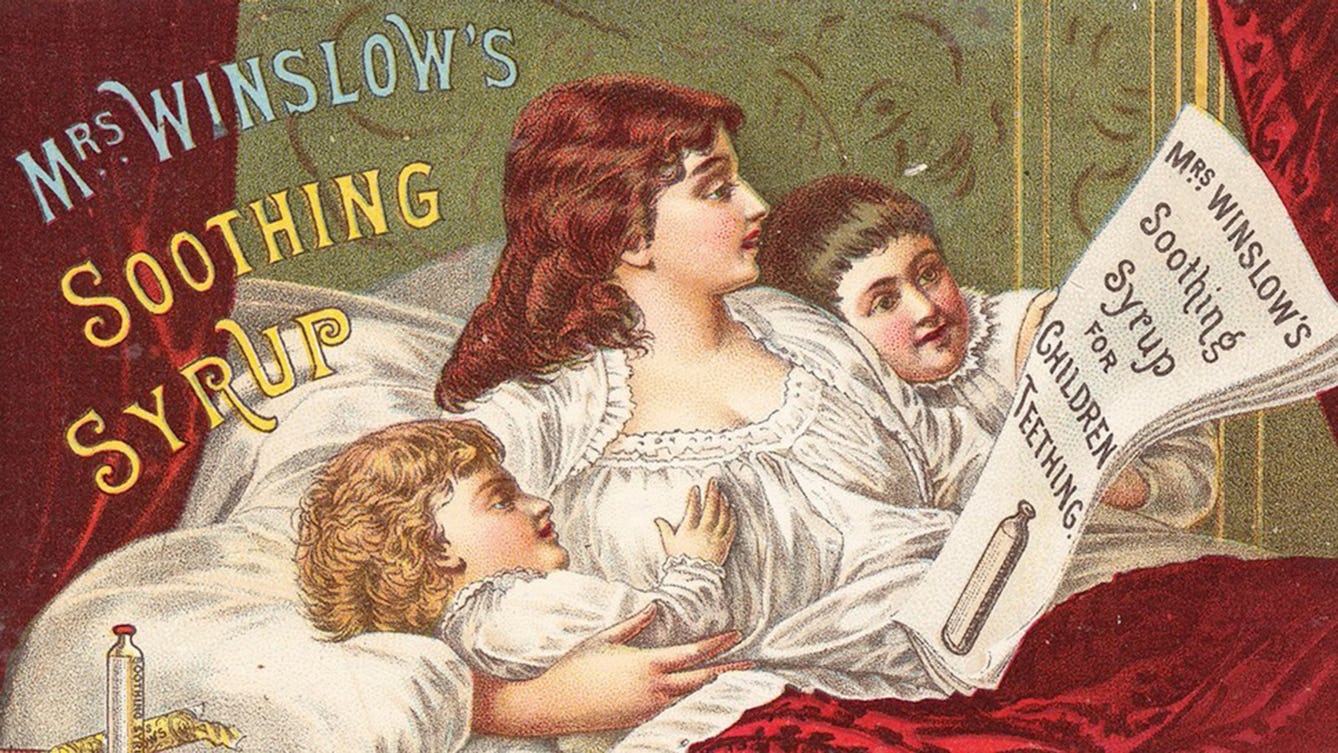
- Article
- Article
The poor child’s nurse
Charming family scenes in Victorian ads for children’s medicines were at odds with some of the dangerous ingredients they contained.

- Article
- Article
Cocaine, the Victorian wonder drug
Today, cocaine has a very poor public image as one of the causes of crime and violence. But for the Victorians it was welcomed as the saviour of modern surgery.
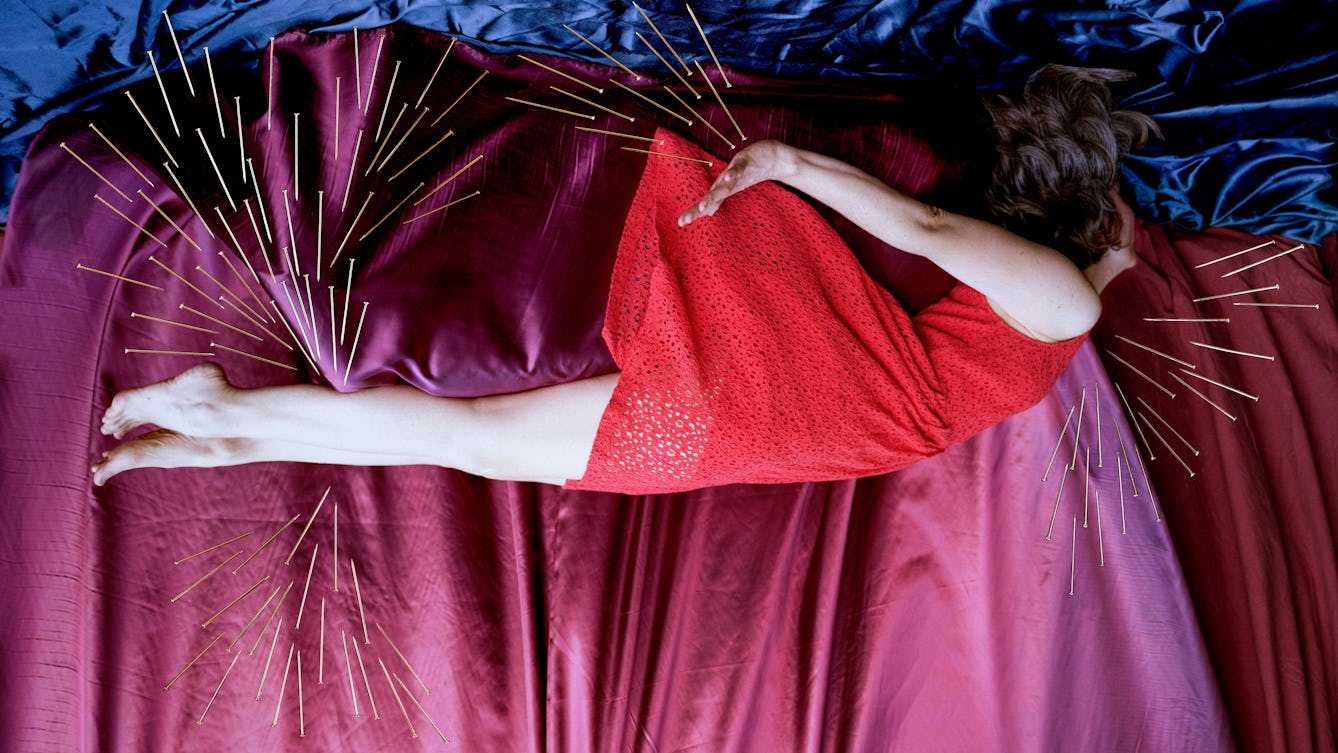
- Article
- Article
Where does violence come from?
The popular understanding of certain ideas in psychology have become so embedded that it’s easy to blame the parents when a young person commits a crime. Laura Bui looks to the past for evidence.